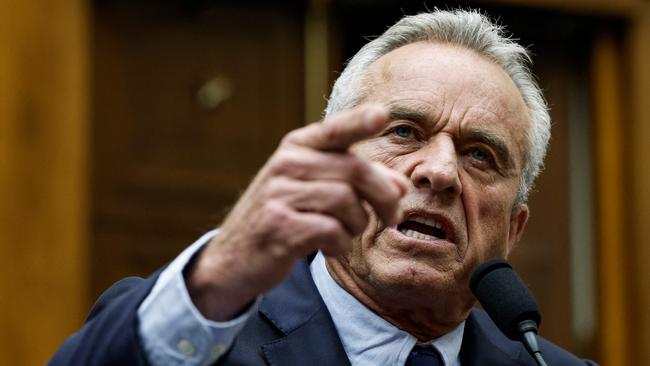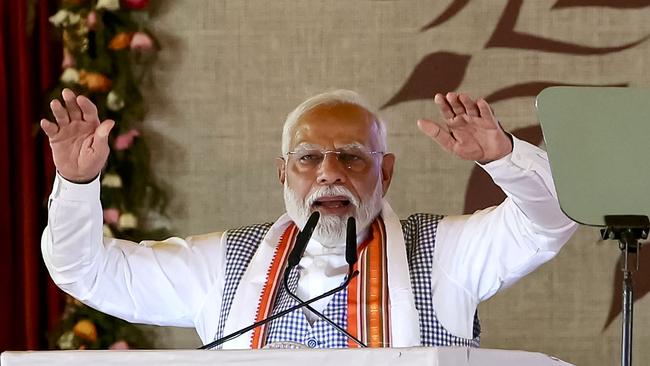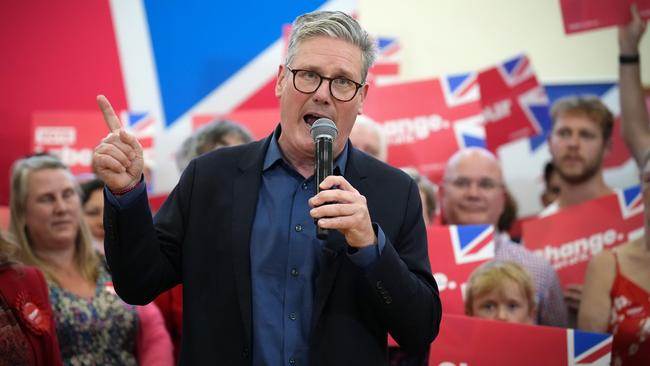Elections move to the top of the agenda for global wealth managers
Last year inflation was the outstanding concern of global wealth managers, however this year it’s all about international elections and alternative asset liquidity.

The world’s biggest wealth management forum, the IMPower Fund Forum International, is held in Monaco in late June each year – a gathering of more than 1400 delegates from around the globe.
Three themes dominated the conference this year: elections, inflation and alternative assets.
If you are under the impression that uncertainty is being felt in the Australian market, it is interesting to hear that’s also true from a global perspective. Of course developed market equity performance is more than double that compared to our domestic Australian market, and that’s not just over the past 12 months but over the past three years.
But the good news is that sharemarkets continue to be regarded by presenters as ongoing performers. The key three markets were:
The US, which is nearing 70 per cent of the MSCI All Country World Index;
India, where Narendra Modi was re-elected but with a reduced majority and a stable coalition that is unlikely to up-end the reform agenda;
Mexico, which has benefited from US manufacturing onshoring as globalisation unwinds.
Then there are ongoing concerns around inflation: More stubborn inflation means interest rates globally will not decrease to where expectations were at the beginning of this year.
A second wave of inflation could well come upon us. Yes, that wave may be lower in intensity but also harder to get rid of due to entrenched services sector inflation.
World elections were actively discussed. In 2024, there will be more than 60 elections globally.

With what we have seen to date, inflation is the number one issue driving political outcomes.
In the realm of the big elections, both highly regarded geopolitical expert Pippa Malmgren and John Emerson, a former US ambassador to Germany, offered presentations which suggested there was a strong possibility neither Joe Biden nor Donald Trump would win the US presidential election.
Rather they flagged the idea that Robert F. Kennedy Jr could be a spoiler, polling strongly with the under 45s in the US. Their prediction was that while Kennedy won’t win outright, he would prevent Biden and Trump from reaching the magical 270 electoral college votes.
Malmgren and Emerson underscored this as a strong possibility. If that were to occur it then leads to a contingent election, (an event last seen as long ago as 1837) where the new House then votes on the president and the new senate on the vice president.
It’s vital to understand that to make a prediction on the US market, as a result of an emotional view on a presidential candidate, is fraught with danger. Since the S&P 500 was launched in the US in 1957, it has closed higher at the end of a presidential term than at the start for every President except for George W Bush. He had both the dot.com bubble and 9/11 to contend with.
Last year at the same Monaco conference, an outstanding topic was the terrible term, “democratisation of private assets”. It was pleasing to see this has calmed down but it was still a major point of discussion.
What was different was the importance of liquidity in portfolio construction for the alternative asset “sleeves” of a portfolio.
Evergreen structures for private equity funds are well established offshore, and we are increasingly seeing them here in Australia (Evergreen funds raise an initial pool of capital from investors. However, instead of defining a fund lifespan and investment and divestment periods, the fund is designed to hold onto investor capital until an investor elects to redeem its interest or terminate its investment period.)
In our local market, two global investment managers, Partners Group and Hamilton Lane (no relation to Hamilton Wealth Partners), are among the entrants making a mark in this area.
Depending on an investor’s risk profile and total portfolio size, these funds can serve a purpose, combined with other funds, in providing not just exposure to global

economic growth geographically and beyond public markets but also in a semi liquid structure.
My key takeaway statistic from the conference was provided by PE manager KKR which mentioned that in the US there are more private equity funds (15,000) than McDonald’s franchises.
As public or listed markets have decreased in size, alternatives have become a viable asset class – both dampening volatility and enhancing returns.
But don’t forget there is a large disparity in quality between managers, and so buyer beware.
The explosion in private debt was also raised as a concern. We have not yet seen the impact of a default cycle and how this will be managed.
Private equity has a place if the risk of illiquidity is considered. Remember, all funds can be gated in times of stress.
Overall, 2024 has been dominated by strong equity markets as we have seen earnings surpass expectations, yet GDP growth has started to slow down, and inflation remains very stubborn.
Against this backdrop, I believe diversification has never been more important.
Will Hamilton is the managing partner of Melbourne wealth manager Hamilton Wealth Partners



To join the conversation, please log in. Don't have an account? Register
Join the conversation, you are commenting as Logout